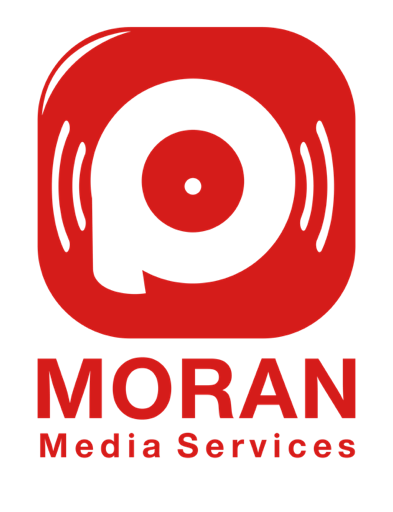
Essentially, these professionals advise businesses on decisions about how they can best utilize their money and make a profit. Some specific role titles of financial analysts include fund managers, portfolio managers, and risk specialists. Tax accountants specialize in tax planning and compliance for businesses and individuals. They help clients minimize tax liabilities, prepare tax returns, and stay compliant with tax laws and regulations. To become a tax accountant, you must at least pass the CPA exam, but an advanced degree can also be particularly useful in the complex field of taxation. Finance is a field of study focused on managing money and investments through banking, trading and economics.
An economics concentration also helps graduates pursue careers in corporate finance, international business, and accounting. Auditors evaluate financial documents to ensure their accuracy and regulatory compliance. Auditing concentration classes strengthen learners’ analytical and investigative skills and explore best practices for internal and external auditing. Enrollees may also study forensic accounting and fraud examination, which can lead to fraud and forensic auditor jobs. A degree in accounting can qualify students for careers in business and finance.
Popular with our students.
Advancement opportunities may arise after gaining experience, and obtaining the CFA Institute’s Chartered Financial Analyst (CFA) certification can be beneficial. At a minimum, a bachelor’s degree in accounting is required, with some employers desiring a master’s business accounting degree. The CPA license is the foundational credential accountants can earn. While many would expect to become an accountant or auditor after completing a degree in accounting, there are many other careers where you can leverage your skills and knowledge.
- Before applying, prospective students should connect with the accounting department to learn more about admission requirements and application materials.
- Learners in an online accounting program can connect with peers and professors in live classes, completing coursework on their schedule while continuing to work.
- Earn credit for knowledge you’ve gained through professional experiences, training and industry certifications with credit for prior learning.
- Communication focuses on creating and delivering verbal and non-verbal messages for various audiences.
Besides typical accounting, you can use the same skills to serve as a cost estimator, budget analyst, or auditor. An accounting degree prepares you to speak and understand that language, whether you pursue accountancy, auditing, sales management, advising or one of the many other accounting career paths. Those with a graduate-level education in accounting could also be uniquely qualified to lead a nonprofit or charitable organization. Nonprofits require accountants to manage their financial operations, ensure compliance with nonprofit accounting standards, and furnish financial reports to donors and stakeholders. Financial analysts assess financial data, market trends, and investment performance and opportunities to provide insights and recommendations to their clients or employers.
Thomas Jefferson University
The 24-month, full-time graduate program also offers an accelerated 4+1 option, where students can earn their bachelor’s and master’s in accounting in just five years total. Admission requirements for online bachelor’s degrees in accounting programs will vary by institution. This can include letters of recommendation, prerequisite course credits, or standardized test scores. Learn about the specific requirements for any online BS in accounting in which you are interested by requesting information from the university, or by visiting the school’s admissions page. One of the most direct pathways to break into the industry is to earn a bachelor’s in accounting. This degree prepares graduates for professional certification exams and entry-level careers.

Obtaining a Certified Internal Auditor designation validates the knowledge, skills and experience needed to be an effective auditor. In addition to accounting skills, a concentration in information systems prepares students to incorporate technology, including designing information systems and managing data. An information systems master’s degree is another option to further your skills. According to data from the National Center for Education Statistics, business majors are among the most popular undergraduate degrees in the U.S. Both versatile and valuable, a business degree can prepare you for careers in a range of industries.
Forensic Accountant
Competency-based education means you can move as quickly through your degree as you can master the material. You don’t have to log in to classes at a certain time—you are truly in the driver’s seat of your education. Business Ethics is designed to enable students to identify the ethical and socially responsible courses of action available through the exploration of various scenarios in business. Students will also learn to develop appropriate ethics guidelines for a business.
Community colleges and small liberal arts institutions typically provide fewer options than larger schools. As long as there is money, there will be a need for qualified accountants. Accounting degree, your skills will be in high demand because every business, no matter the size or industry, has to balance its books and comply with government regulations.
Bachelor of Science in Accounting and Finance
You can do your coursework at night after working at your full-time job, on weekends, while you’re traveling the world or on vacation—it’s entirely up to you. M.S. Accounting graduates report an impressive average salary increase of $18,700 after completing their WGU degree. Find out more about financing and payment options to help you complete your program. Federal aid also is available to help manage the costs of higher education. Learn how to implement accounting systems and strategies, interpret and communicate financial data and maintain strong ethical standards in the field.
